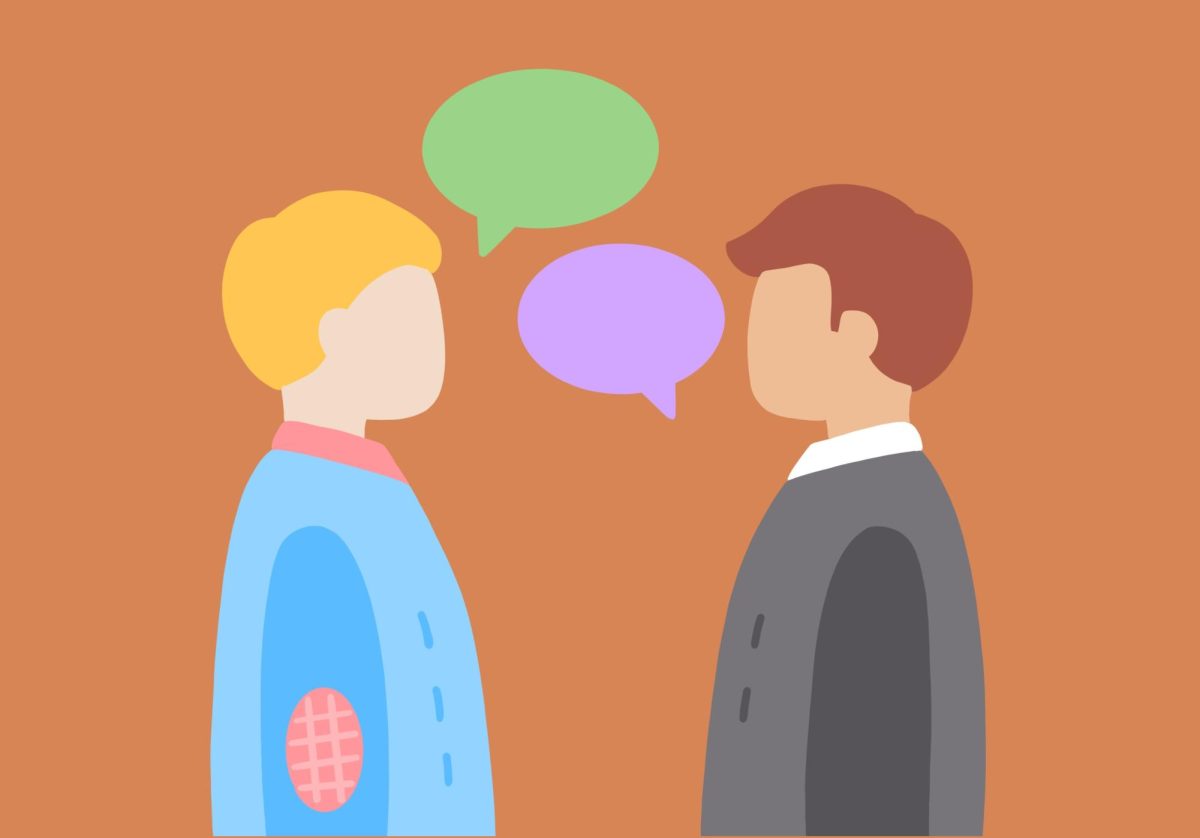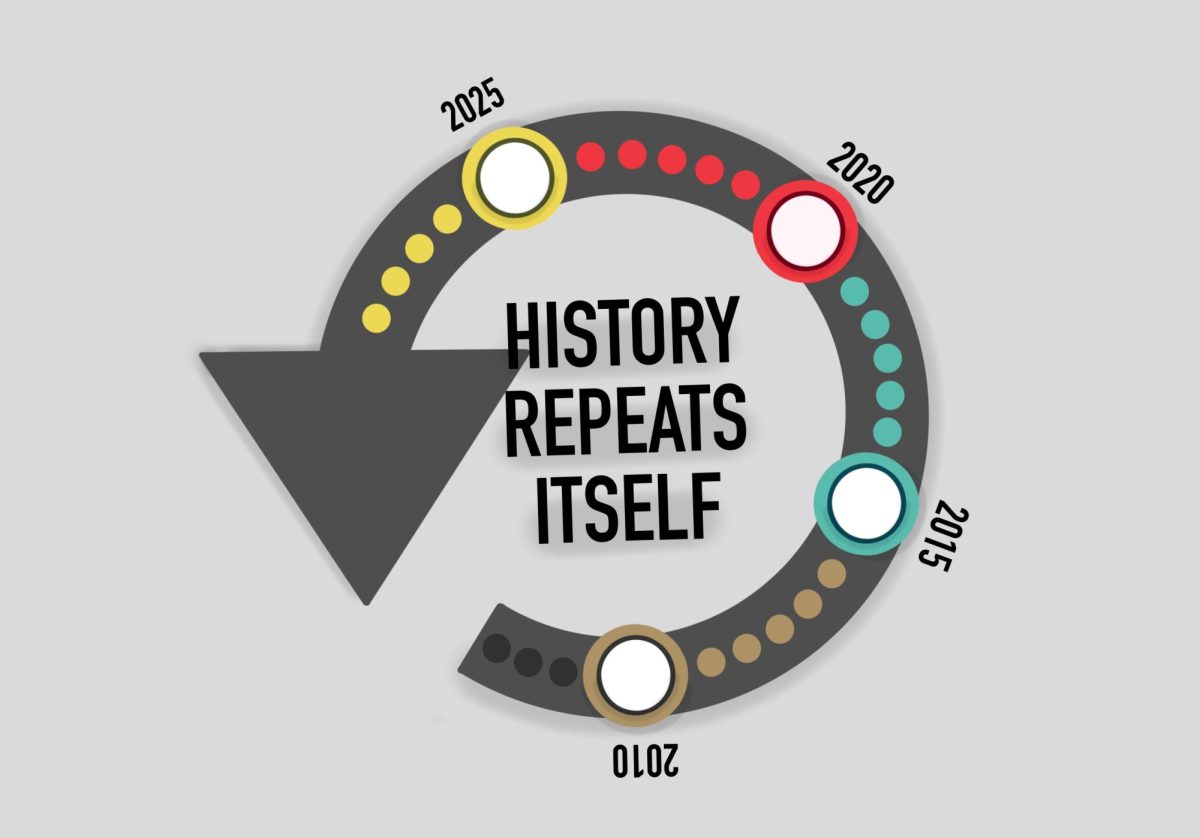The superhero genre has become a staple of Hollywood. Every year, there seems to be another superhero blockbuster breaking box-office records. Before people in tights starred on the silver screen, America was infatuated with stories of the Wild West. Between 1940 and 1960, there were up to 140 Westerns released per year. Since the 1990s, fewer than 300 Westerns have been made. The Lone Ranger fell off the saddle, and Superman has taken his place but without the horse.
The superhero may inevitably meet the same fate as the cowboy some day, and I wouldn’t be too upset about it. The superhero archetype has become somewhat repetitive. As a comic book fan myself, I sometimes get tired of the morally acute hero using their power to fight the villain who is using their power to harm the innocent. If the superhero genre wants to avoid the same fate as the Western, there needs to be more movies that aren’t rooted in this two-dimensional view of good versus evil. There needs to be a gray area, like in “Watchmen,” where the heroes’ ideological and moral differentiation from each other make it difficult for us as viewers to determine whether they are good or bad.
Stories like those speak more about the human condition and the complex lives we live as normal people. And much like the heroes in some of those stories, we, too, are constantly struggling with how to use our own superpower, a power we all have: language.
Words are immensely powerful and allow us actually to influence people’s perceptions of reality. “Words create filters through which people view the world around them,” said psychologist Jack Schafer in Psychology Today. Like a superpower, words can be used altruistically or maliciously. Their use can stir revolution within a population in the name of positive change or manipulate a population to execute evil doctrine. They can make someone laugh or cry, provoke violence or promote affection. Many of the most profound figures in human history were orators who used this power effectively in their campaigns of good or evil. Language is our superpower, and as Uncle Ben wisely states, “With great power, comes great responsibility.”
But what should we do when we have people in our society who lack the responsibility to use this power appropriately? The United States has deemed some uses of this power illegal such as defamation or libel. The ongoing debate in our society revolves around offensive speech and whether its use should be restricted by law.
The suppression of the superpower itself to prevent those inclined to abuse it is akin to infusing Superman with kryptonite for fears he could turn on the people. The problem with this path is that when a formidable foe arises, Superman will be ill-equipped to defeat them.
Language is universal — when we restrict it for some, we restrict it for all. Also, we run the risk of overly punishing people for making mistakes bound to happen during the process of communication. I’ll confess that I’ve offended people, albeit unintentionally, in the name of trying to be funny. My superhero name would be something along the lines of “Loose Cannon.” While there’s no excuse for abusing your power, and we should hold those who do accountable, is it fair to hold the average person to the same standards as, let’s say, Superman or Batman? At the end of the day, we’re only humans.














